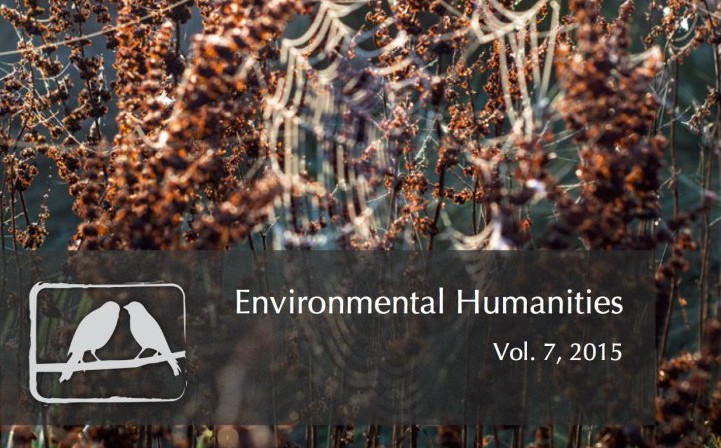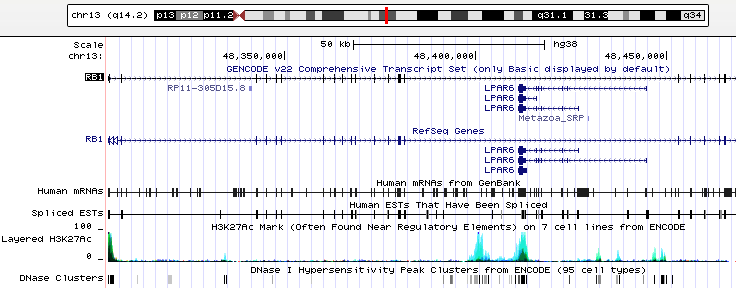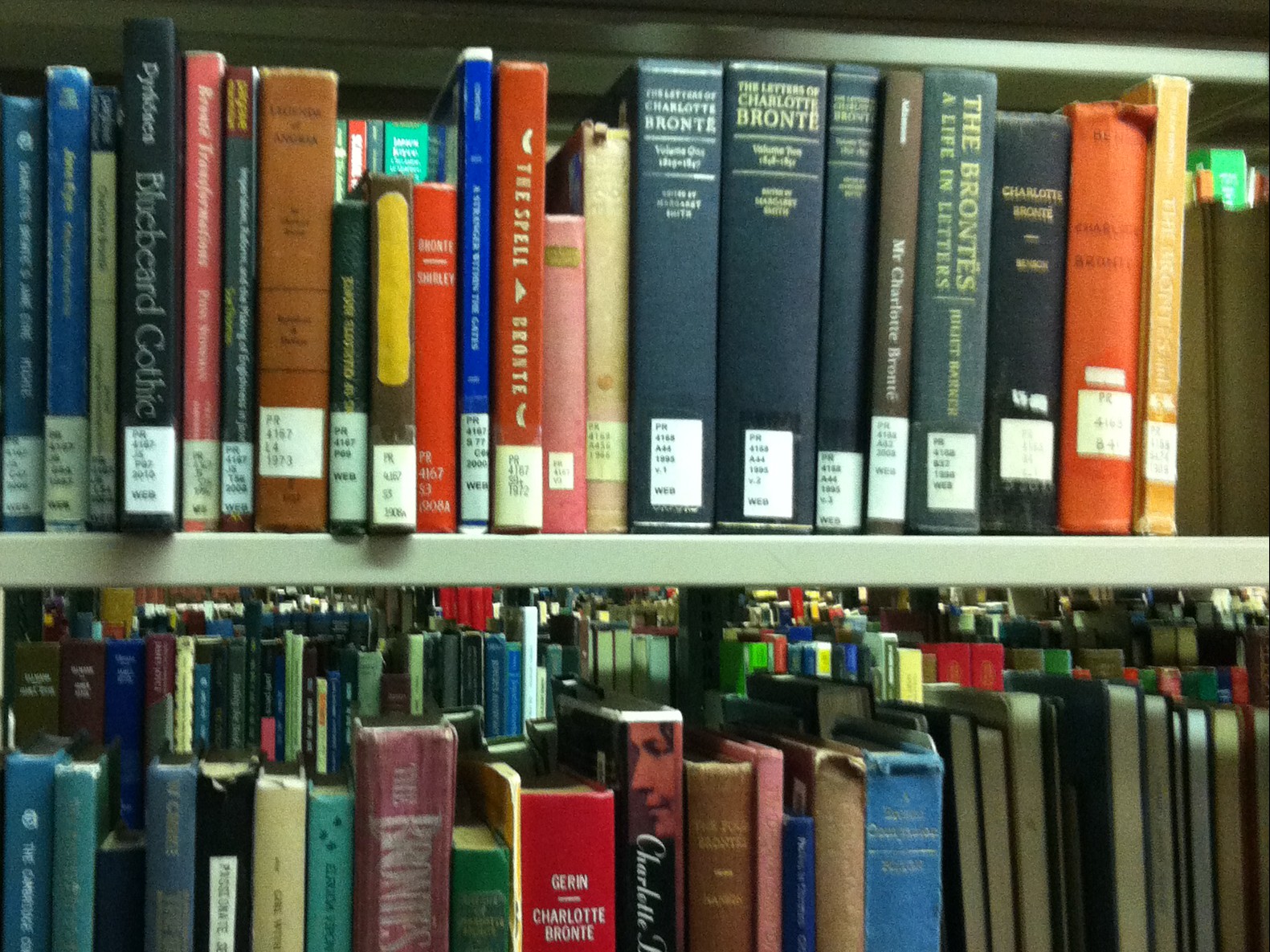Pirates in the Classroom: The Afterlives of a Lecture Recording
Information piracy, whether in popular culture or in academia, is largely an issue of circulation. Unlike its swash-buckling and sea-faring counterpart, the OED describes this form of piracy as “the unauthorized reproduction or use of an invention or work of another, as a book, recording, computer software, intellectual property, etc., esp. as constituting an infringement of Read More




